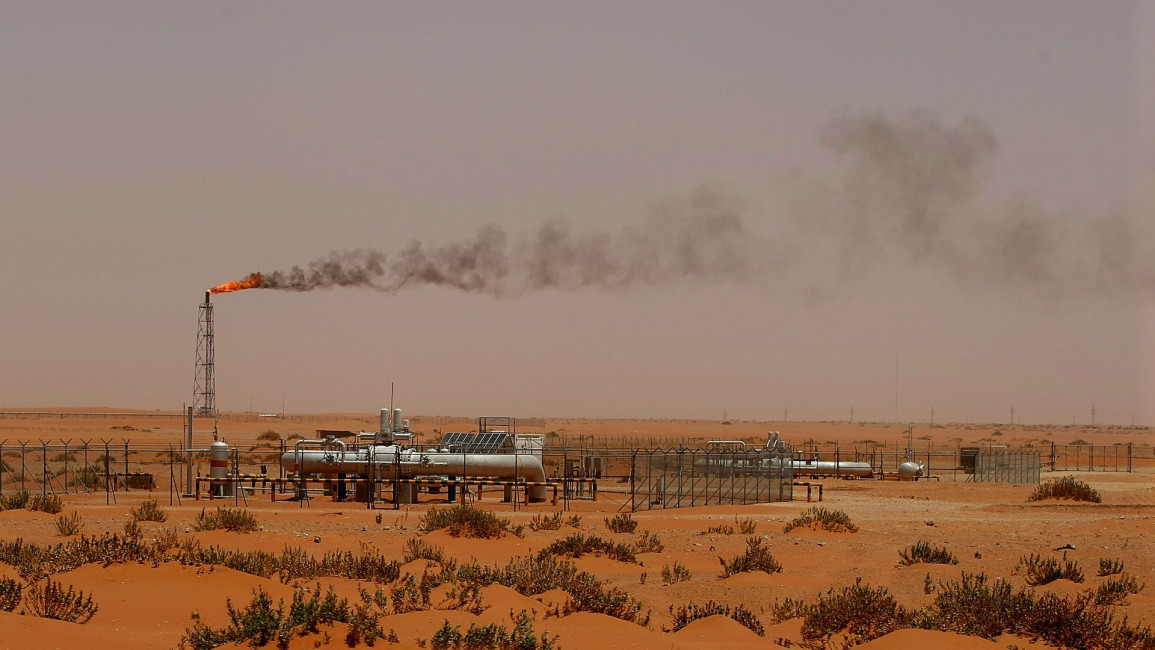'Iranian-supplied weapons' that struck Saudi Aramco did not launch from Yemen: coalition
A coalition spokesman also claimed the drone strikes had not been directed from Yemen, as claimed by the Iran-linked Houthi rebels.
"The investigation is continuing and all indications are that weapons used in both attacks came from Iran," coalition spokesman Turki al-Maliki told reporters in Riyadh, adding they were now probing "from where they were fired".
"This strike didn't come from Yemen territory as the Houthi militia are pretending," he added.
While the Houthi rebels, with whom the Saudi-led coalition has been engaged in a five-year war in Yemen, claimed the attacks, US officials have accused Iran, with Secretary of State Mike Pompeo saying the strikes could not have been directed from Yemen.
Analysts initially pointed to Iraq, from where US officials have previously accused Iran-linked militants of directing attacks on Saudi Arabia.
Baghdad, however, has denied any links to the Saturday's strikes.
Speaking with Iraqi Prime Minister Adil Abdul Mahdi, Pompeo said that US intelligence confirmed that the attacks were not directed from Iraq, the premier's office said on Monday.
The fresh escalation has raised the possibility of conflict in the Gulf.
Iran has said it is "ready for war" in response to the US allegations, while President Donald Trump said on Sunday his country was "locked and loaded" to launch a response to the attacks once Saudi Arabia officially someone of responsibility.
The Houthis, meanwhile, have threatened further attacks on Saudi Arabia.
Oil prices rocketed on Monday after the strikes on Abqaiq, the world's largest oil processing facility, and the Khurais oil field in eastern Saudi Arabia knocked out nearly half of the top crude exporter's production and five percent of the world's supply.
The EU on Monday urged "maximum restraint" in response to the strikes on two key Saudi oil facilities.
Russia also called for countries involved to avoid taking "hasty steps" that would escalate the crisis.
Follow us on Twitter: @The_NewArab



